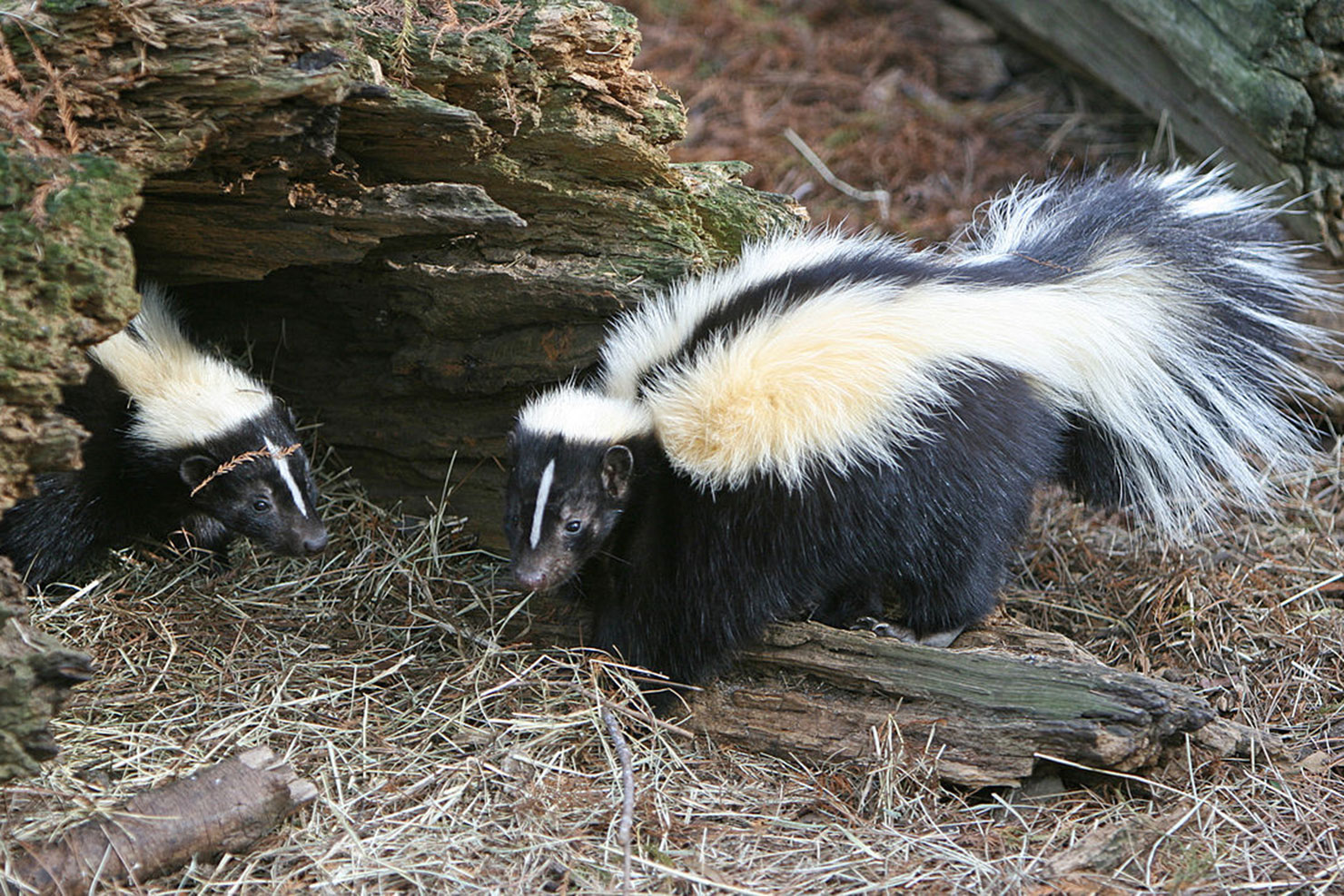Three rabid animals (skunks) have tested positive for rabies in Durango. San Juan Basin Public Health (SJBPH) urges residents to stay away from stray and wild animals, check pets’ vaccination status, and take other precautions to avoid rabies.
Rabies is regularly found in Colorado wildlife, especially skunks and bats. Interaction between humans and wild animals, particularly bats, skunks, foxes, and raccoons, increases the risk of rabies exposure to pets and people. If you see wildlife that is acting unusual, call SJBPH at 970-247-5702 or La Plata County Animal Protection at 970-385-2900 immediately.
It is also crucial to make sure all dogs and cats are vaccinated. The vaccine can prevent companion animals from getting rabies from wildlife and possibly exposing your whole family to the disease.
According to the Colorado Department of Public Health and Environment, 150 animals have been found carrying rabies in the state so far, this year, of which 79 were skunks. The numbers represent only animals that were tested after they were witnessed exhibiting abnormal behaviors or had encounters with people, pets or livestock. There are many more rabid animals in the Colorado outdoors that never get tested.
Rabies is spread primarily through the bite of rabid animals. It is almost always fatal in humans once symptoms appear. People who have been bitten or scratched by an unfamiliar animal should contact their health care provider immediately to reduce the risk of rabies.
To avoid rabies
- Never touch or feed wild or stray animals. Don’t leave pet food outdoors. If you see a sick or orphaned animal, do not touch it; instead contact La Plata County Animal Protection.
- Vaccinate your pets. Use a licensed veterinarian, and make sure you keep up with pets’ booster shots.
- Leash your dog. Protect dogs and wildlife by keeping your pet on a leash while walking or hiking.
- Keep cats and other pets inside at night. Keep dogs within your sight (in a fenced yard or on leash) during the day while outside.
- Call your veterinarian promptly if you believe your pet has been exposed to a wild animal.
- Vaccinate pastured animals annually. Have a licensed veterinarian administer an approved large-animal rabies vaccine.
- Bat-proof your home. Information is available at cdc.gov/rabies/bats/management
To recognize sick wildlife
- Many healthy wild animals are normally afraid of humans; sick animals often do not run away when spotted by people.
- Wildlife with rabies may act aggressively or will violently approach people or pets.
- Some rabid animals are overly quiet and passive and want to hide. Don’t bother them.
- Rabid wildlife might have trouble walking, flying, eating or drinking.
San Juan Basin Public Health is a local public health agency, governed by a seven member local Board of Health, serving all residents of Archuleta and La Plata counties. For close to 70 years, San Juan Basin Public Health has improved the health and environment of the Southwest Colorado.

